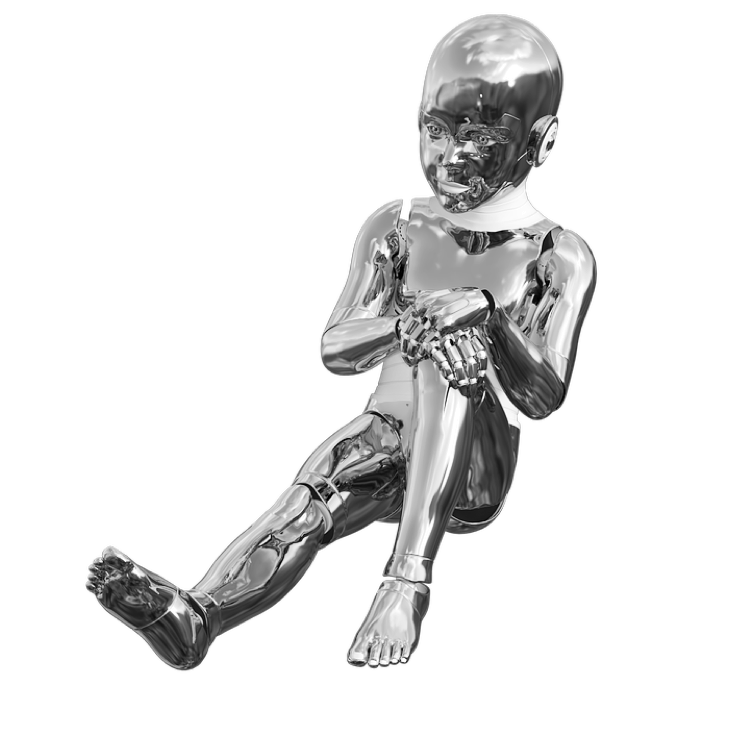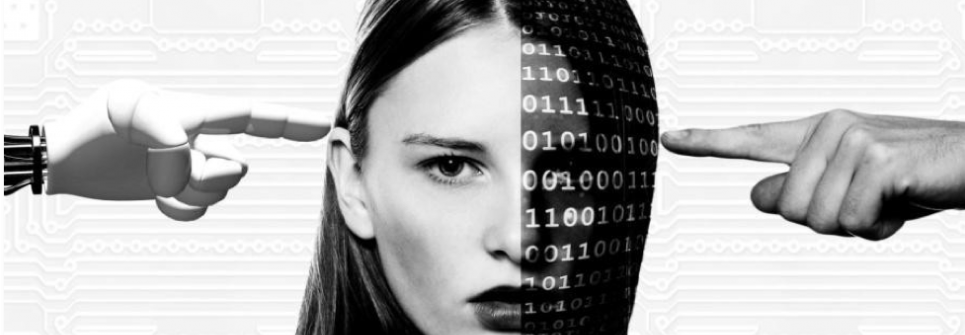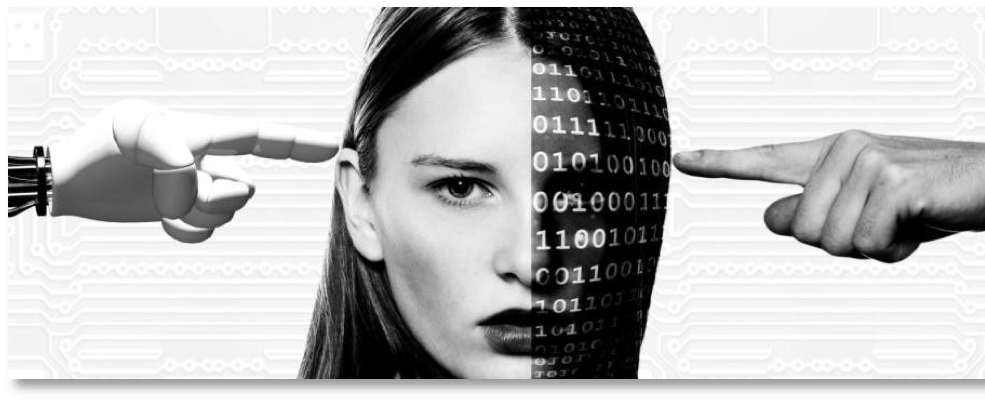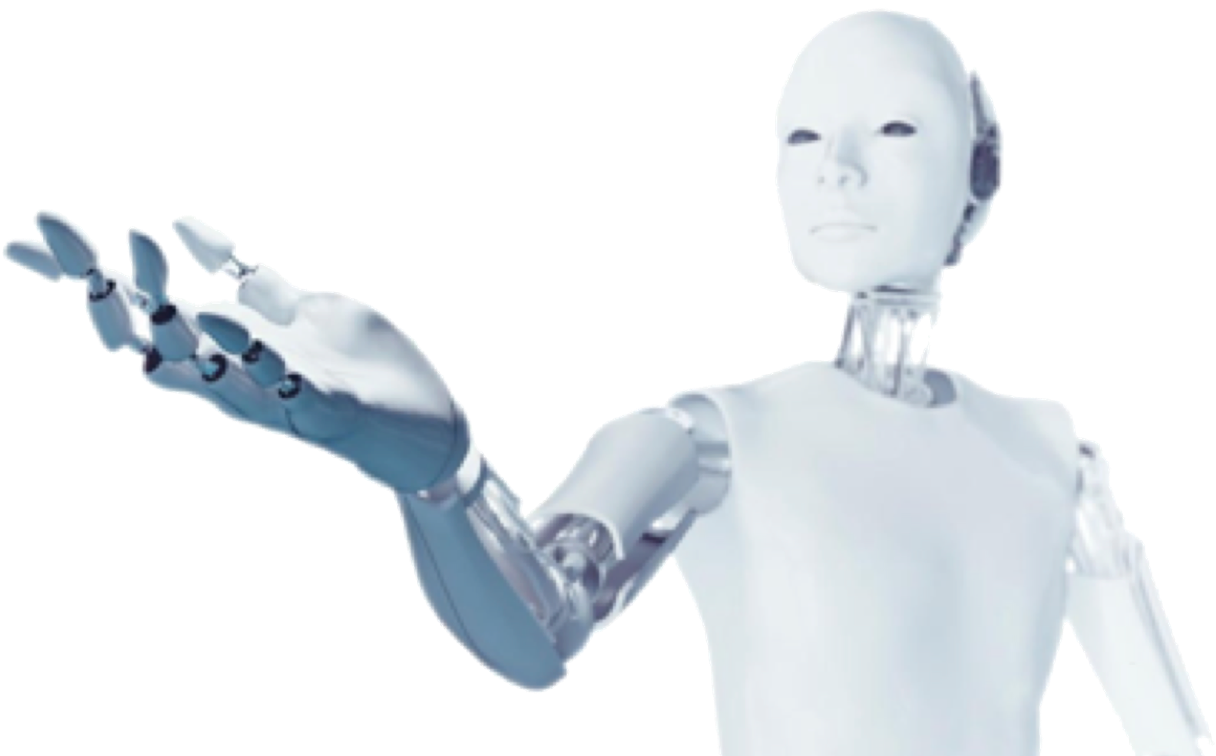We are programmed beings, intelligent but scheduled, only that our programming system is DNA, an evolutionary system with over 3.500 millions of years of machine learning.
The long nature inspires humans, there is no doubt that Leonardo Da Vinci was in this sense a great forerunner. Although the oldest known documents on the inspiration that man derives from nature date back over 40.000 years ago - just think of the caves of Lascaux or Altamira, when primitive man was already endowed with artistic sense – there was no artist in art history, more or less brilliant, that at some point in its evolution has not found inspiration from nature.
But Leonardo was the one who said that "outside of nature and there is nothing more research is useless ..." and that perfection and elegance make it exhibited an aspirational model for the human being, imperfect by definition…
And this is the Artificial Intelligence (AI), a model that mimics the imperfection of human thought, and therefore must be fallible, social, bio-inspired and evolutionary … (if you identify a solution fallible and accurate, or an algorithm, AI is not). And it is advisable to apply it.
The Importance
The natural or artificial intelligence requires learning, in different ways, mostly heuristic, such as the imitation of nature, who perpetually involved human beings, and every time, increasingly social behavior and, obviously, the common good.
We work from KNOWDLE GROUP 2011 (the 2 April we started this evolutionary process of learning) studying and learning from our mistakes.
It is important to understand the collective intelligence does not like what makes us equal, but as that which it integrates us and makes us better together. “What you know I do not know, I know and what you do not know”, This is the summary of our method.
Come ben says Rafael Yuste, director of the Brain Project in the US, you can not understand the brain from a single neuron, or you can not figure out a picture with a single pixel.
The underlying model of our approach
Our interpretative model of knowledge is essential for the result of our collective artificial intelligence bioispirata closely resembles the human decision-making mechanism. Each of us, according to all the studies of the sector, arrives to take over 35.000 decisions every day, and the 90% such decisions are collective, that is influenced by other human beings, they are our friends, our families or our colleagues.
The very nature has an equally strong impact on those decisions One example is climate, even influencing our mood. We do not take the same decisions when it's sunny or raining, when it's cold or hot.
And then account should be taken of motivation, another human element that feeds the differentiation. There is a right decision without the proper motivation.
From the conceptual point of view, it all seems very simple, but in fact conceals a considerable complexity.
A KNOWDLE we have developed an architecture able to learn and automate complex processes that are similar to human behavior. And learn from his decisions. And its motives. It is based on what influence, especially on those who influence us.
“The only thing we have not yet reproduced is creativity, human that ability that humans possess in a manner such as to be identified. And there are robots that are still able to reproduce. The use of AI should allow the human being the time to devote to the richest activities of satisfaction and less boring, leaving aside the dangerous jobs, tediosi, boring and why not 'dirty', in the broadest sense of the expression.”
The Artificial Intelligence is not infallible, but it can be inspired to ethics and above all aim at maximizing the common good
And if all this vast sea of complex systems we add the common good, we approach ethics, to that space where the effect or impact of our decisions on our environment is beneficial (or at least is the least harmful way). In KNOWDLE we designed a decision-making environment that includes all these elements with remarkable efficiency.
A world that will continue to improve in the coming years by adding goals to decision-making. Another imitation of human nature. Our motivation is always reflected in our objectives. And the decisions that bring us closer or away from them.
The AI is not algorithms, although help, It is not a neural network, although they are useful in some of their facets, It is not infallible, although it tries to approach infallibility, but mostly it's learning, explanation and verification, the results and impacts. A challenge, that is not new, but now, come KNOWDLE, It has an incredible future and exciting to develop.



